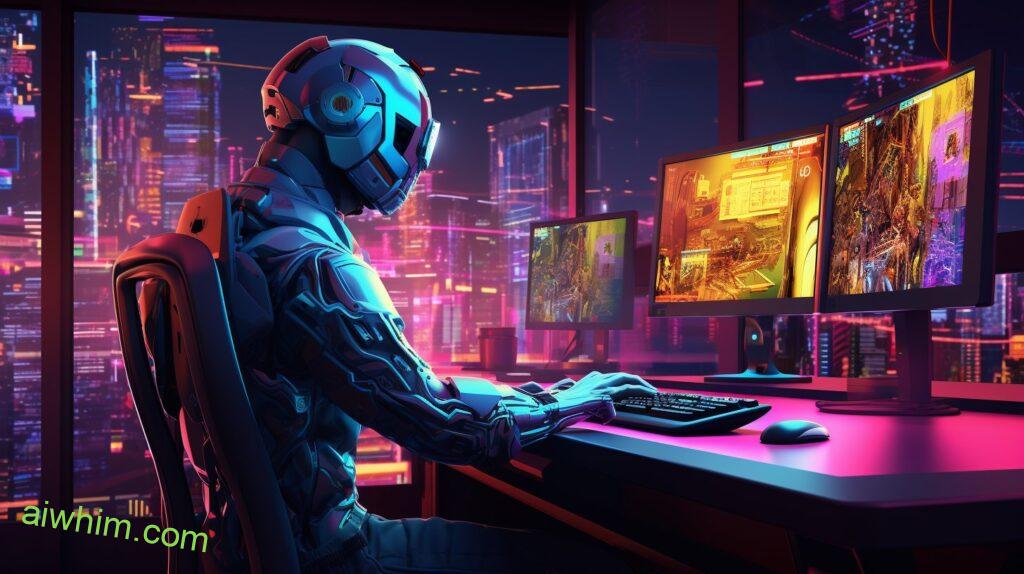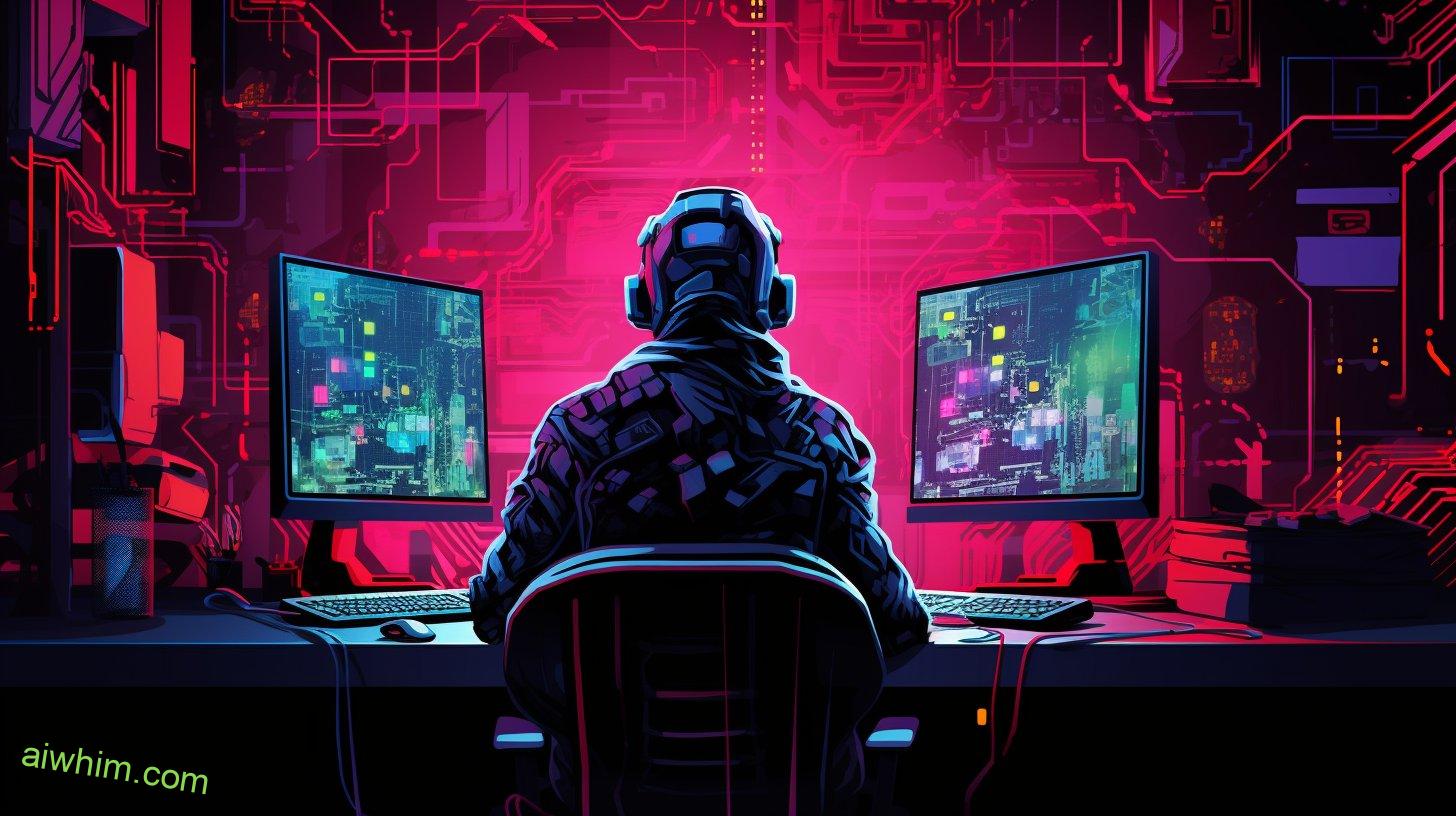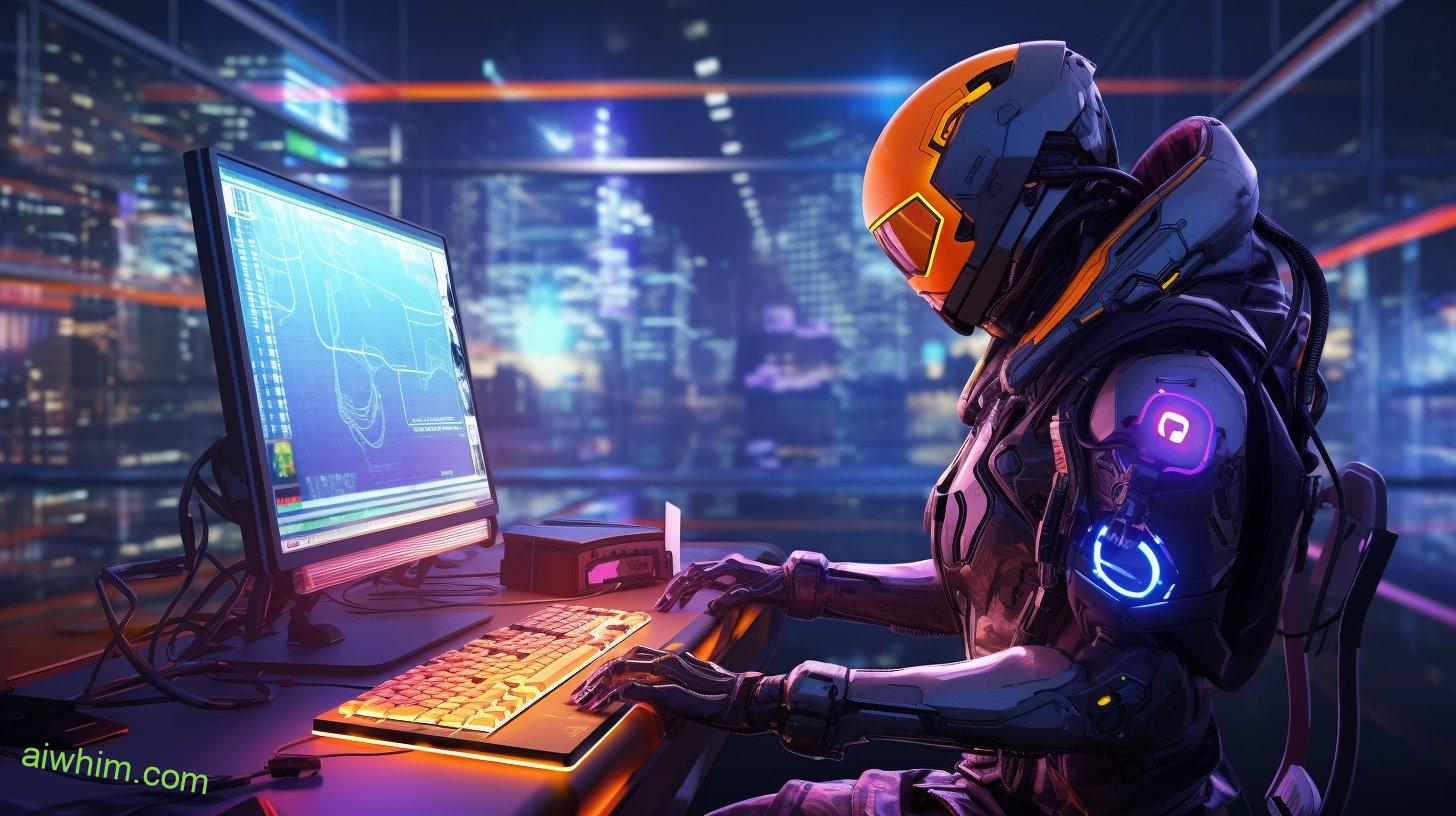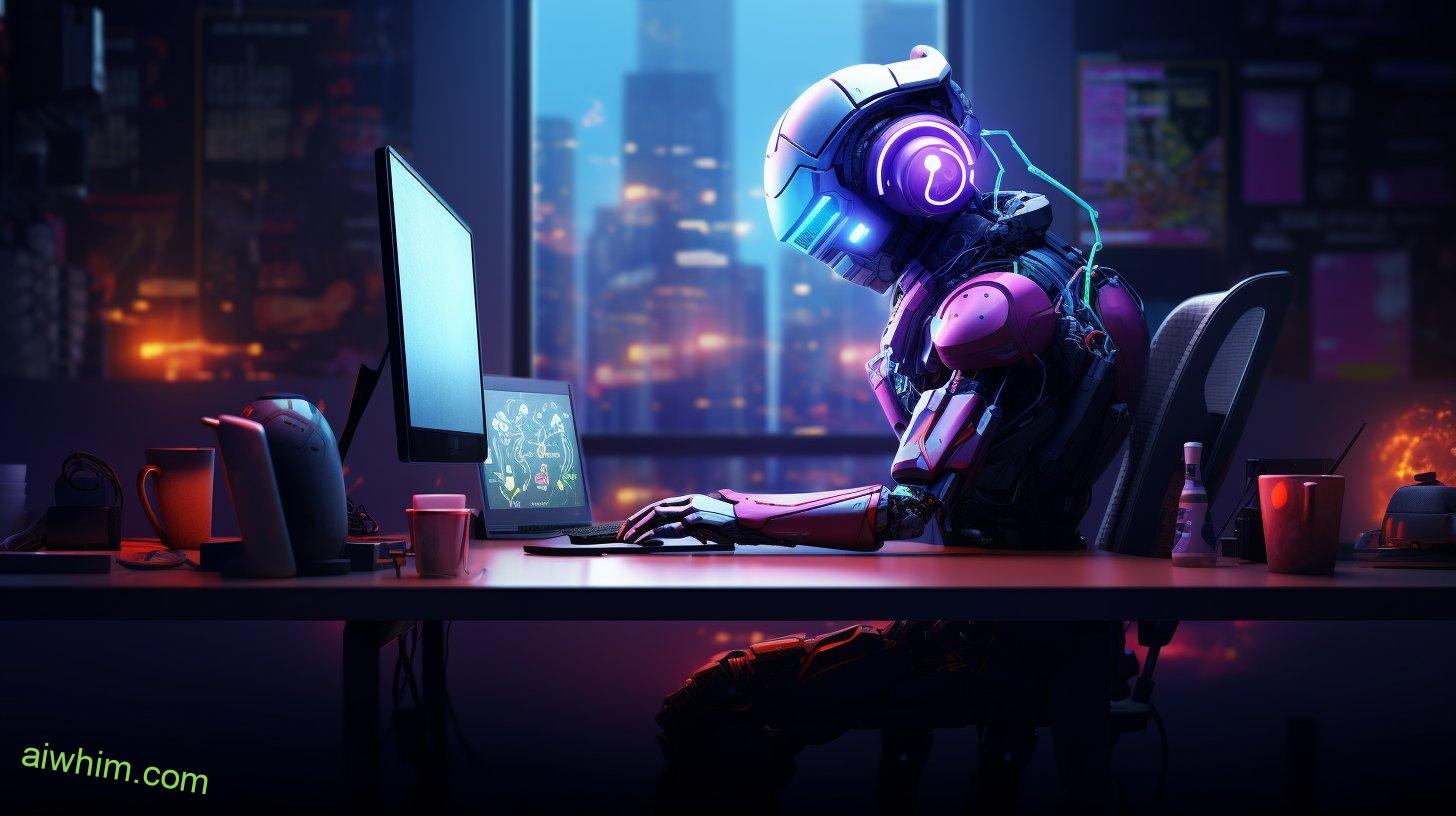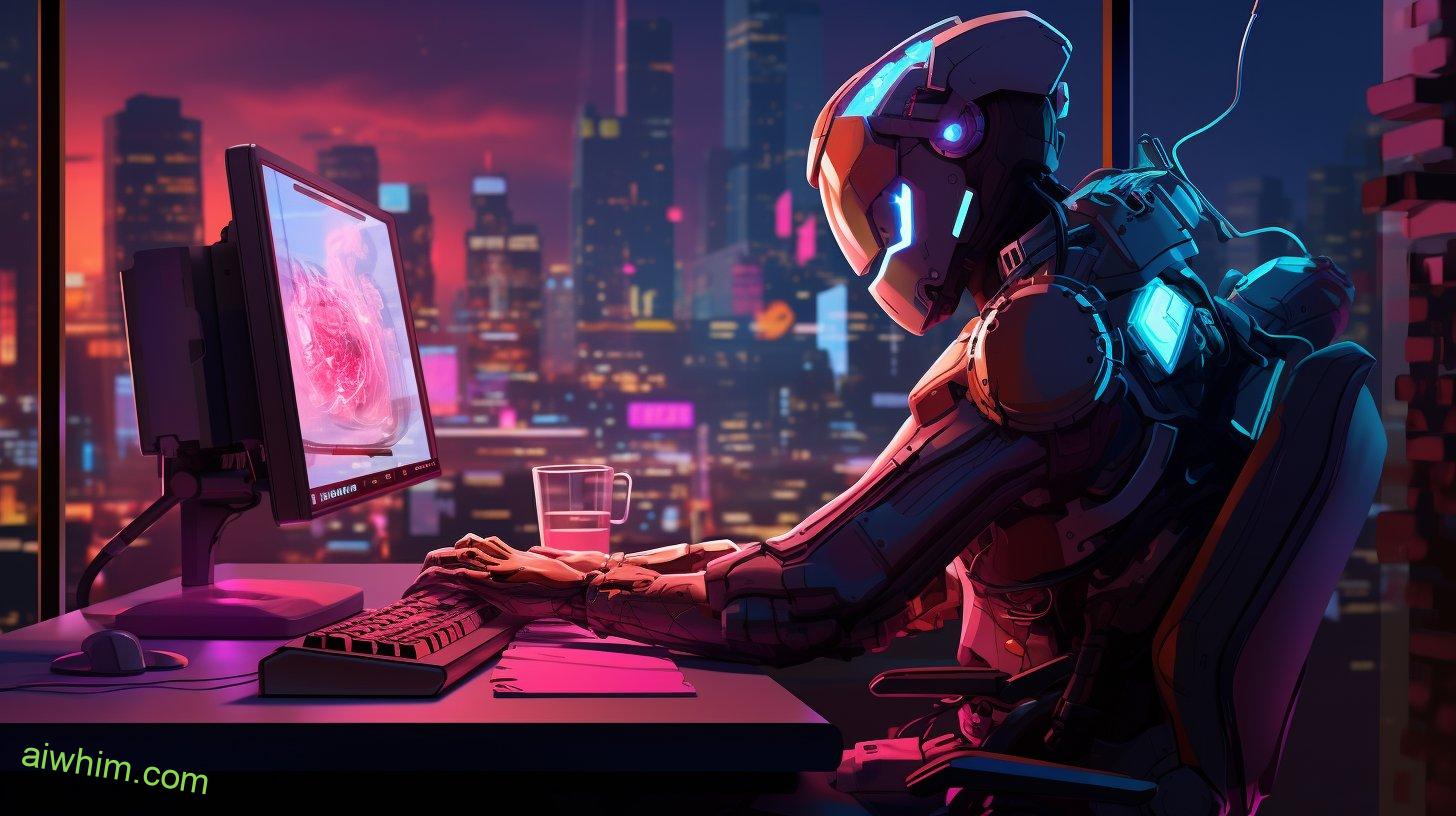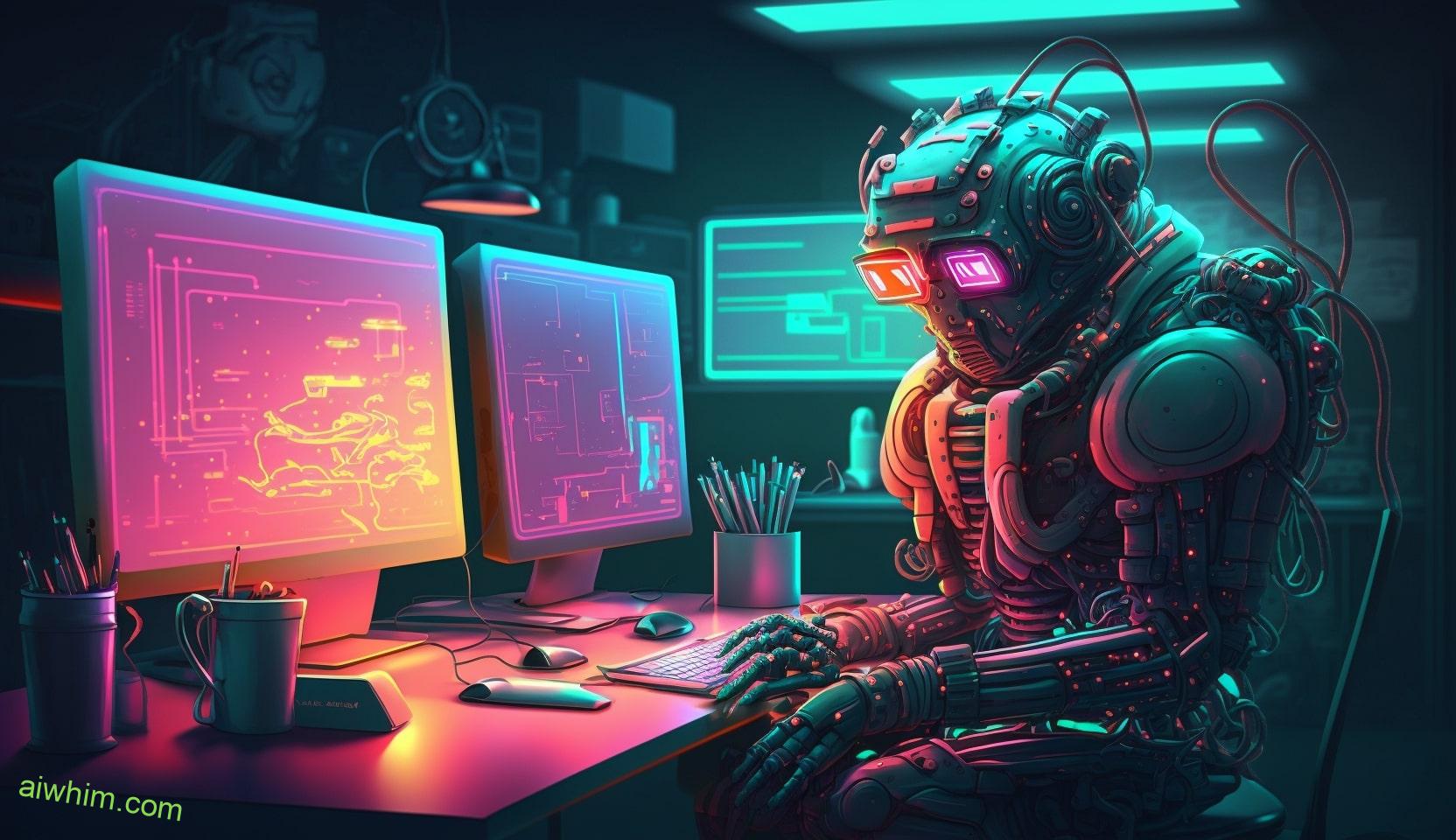Are you an industrial engineer concerned about the impact of AI advancements on your profession?
Imagine this scenario: You’re working on optimizing a manufacturing process, and suddenly an AI-powered system comes along, promising to do the job more efficiently.
How would you feel?
In this article, we explore whether industrial engineers are vulnerable to AI advancements and what steps they can take to thrive in an ever-evolving world driven by artificial intelligence.
Get ready to navigate the uncertainties and embrace the possibilities that AI brings to your field.
Key Takeaways
- AI advancements have led to significant improvements in industrial engineering, revolutionizing processes and increasing efficiency.
- AI technologies enhance the skills and capabilities of industrial engineers rather than replacing human expertise.
- Embracing AI allows industrial engineers to focus on complex problem-solving activities and frees up time from mundane tasks.
- Industrial engineers need to upskill and adapt to new technologies to stay relevant in the age of AI.
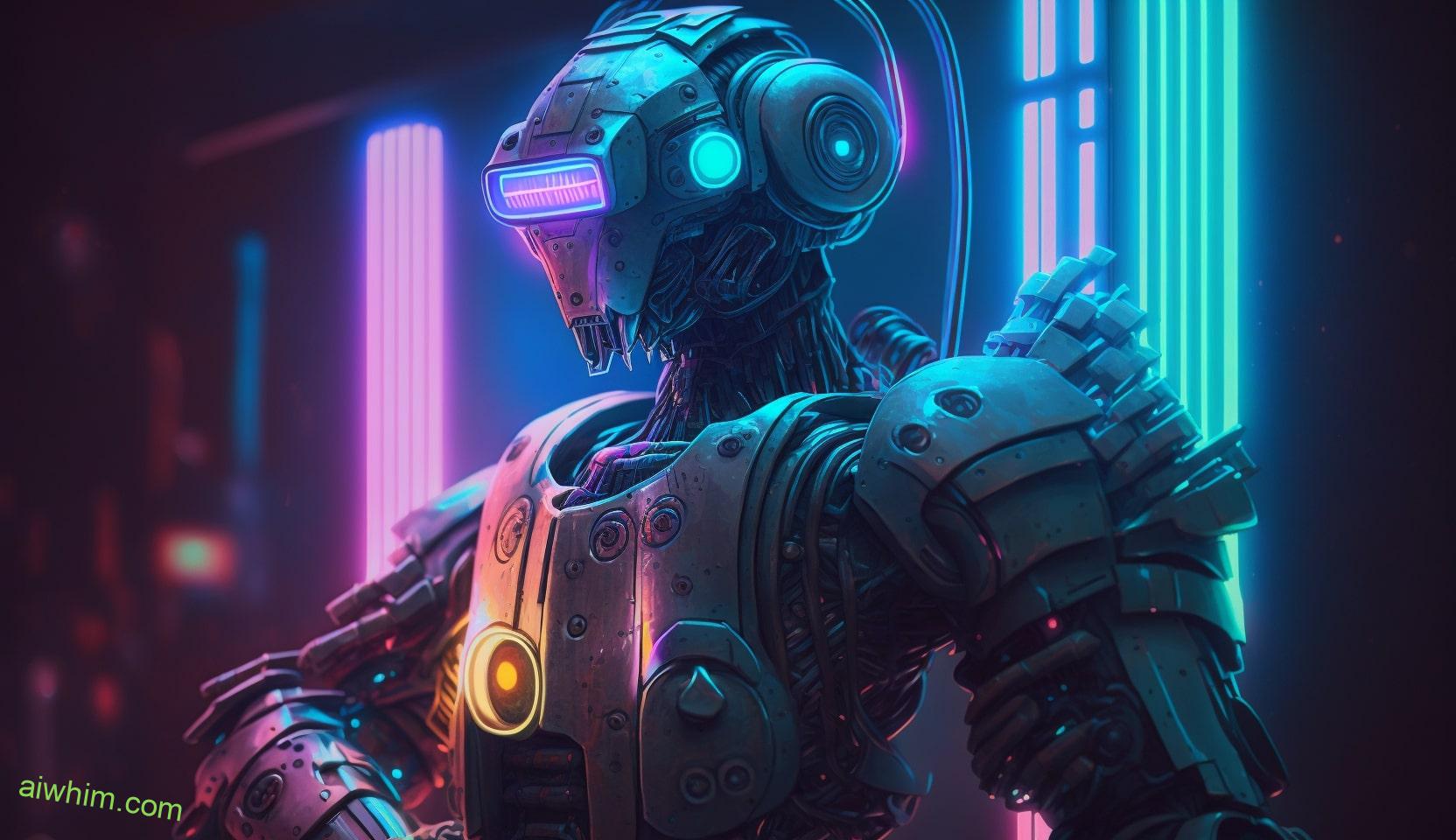
The Rise of Artificial Intelligence in Industrial Engineering
The rise of AI in industrial engineering has led to significant advancements and potential vulnerabilities for you as an industrial engineer. Machine learning has had a profound impact on the field, revolutionizing processes and improving efficiency. Automation, another implication of AI, has streamlined operations and reduced manual labor.
Machine learning algorithms have the ability to analyze vast amounts of data and make accurate predictions, enabling you to optimize production schedules, identify potential bottlenecks, and improve overall productivity. With these advancements, you can leverage technology to make informed decisions that drive business growth.
However, while AI brings immense benefits, it also presents vulnerabilities. As automation takes over certain tasks previously performed by human workers, there is a concern about job displacement. It is crucial for you to adapt your skillset to work alongside AI systems rather than being replaced by them.
Additionally, the increased reliance on AI introduces cybersecurity risks. Industrial systems connected to the internet become potential targets for hackers seeking to disrupt operations or steal sensitive information. You must be vigilant in implementing robust security measures to safeguard against such threats.
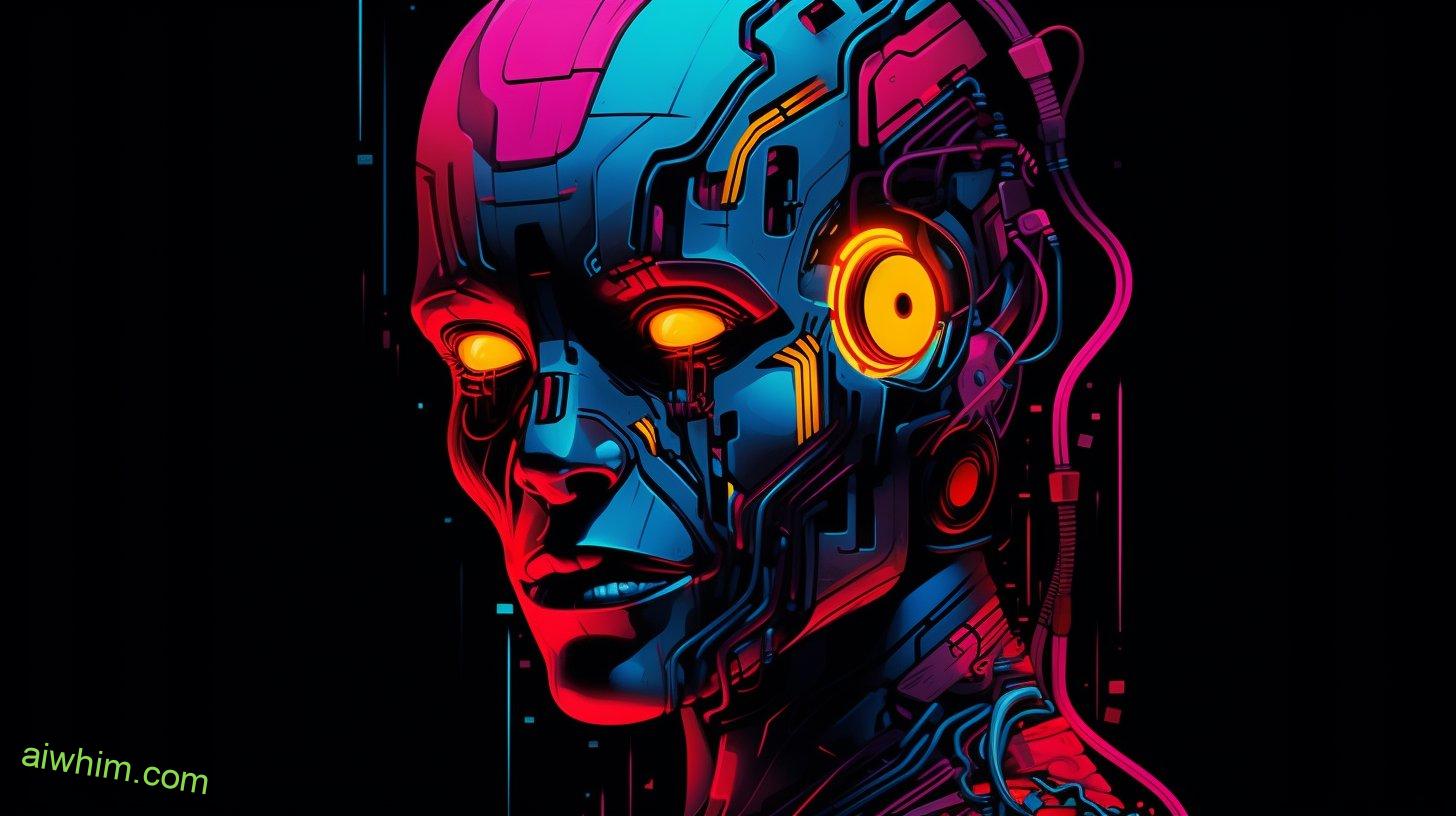
Understanding the Impact of AI on Industrial Engineering
Understanding how AI impacts the field of industrial engineering is crucial for professionals in the industry. As an industrial engineer, you need to be aware of the impact that automation and AI advancements can have on your career. While these technologies offer numerous benefits such as increased efficiency and productivity, they also bring concerns about job displacement.
AI has the potential to automate many tasks traditionally performed by industrial engineers. This includes activities like data analysis, process optimization, and even decision-making processes. As a result, some fear that jobs may be replaced or significantly changed due to these advancements. However, it’s important to remember that AI is not meant to replace human expertise but rather augment it.
Instead of viewing AI as a threat, embrace it as a tool that can enhance your skills and capabilities. By leveraging AI technologies, you can streamline repetitive tasks and focus on more complex problem-solving activities. This allows you to add value in areas where machines cannot replicate human creativity and critical thinking.
Furthermore, with the rise of automation comes new opportunities for growth within the field of industrial engineering. As industries adopt AI technologies, there will be a growing demand for professionals who can understand and integrate these systems into existing processes.
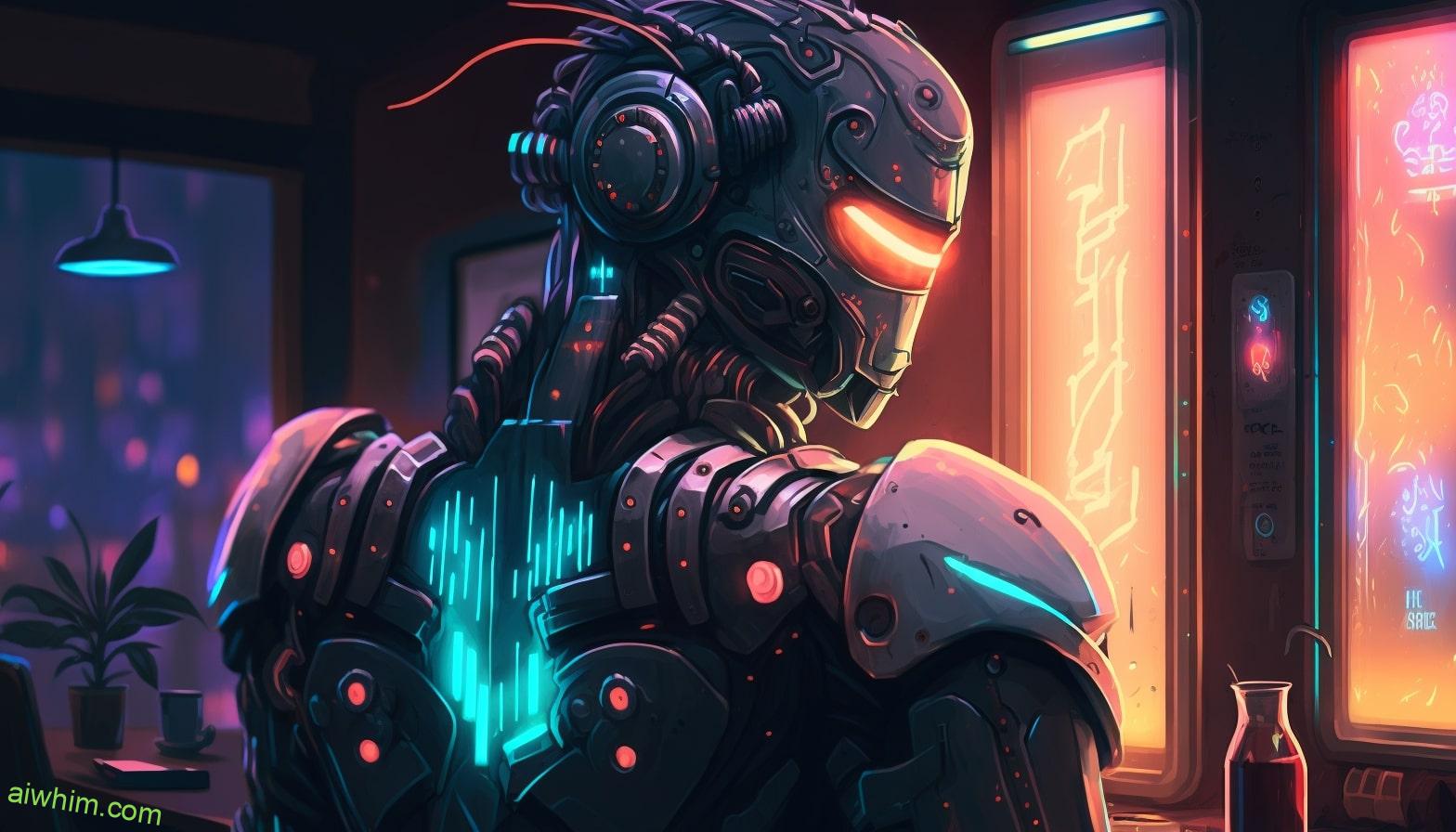
Challenges Faced by Industrial Engineers in the Age of AI
As an industrial engineer in the age of AI, you’ll face challenges that require adapting to new technologies and finding ways to stay relevant in your field.
The impact of artificial intelligence on industrial engineering cannot be ignored, and it is crucial to understand the challenges that lie ahead.
One of the main challenges you will encounter is the need to upskill and embrace new technologies. With AI advancements, traditional methods may become outdated, making it essential for you to learn how to incorporate AI into your work processes. This will not only enhance efficiency but also improve productivity.
Another challenge is the potential job displacement caused by automation. While AI can streamline certain tasks, it may also replace human workers in some areas. However, instead of viewing this as a threat, you have the opportunity to redefine your role and focus on higher-level tasks that require creativity and critical thinking.
To overcome these challenges, continuous learning and adaptability are crucial. Stay updated with emerging trends in industrial engineering and actively seek opportunities for professional development. Additionally, foster a mindset of innovation by exploring ways to leverage AI technology within your field.
Remember that embracing change is key in staying relevant as an industrial engineer in this age of AI. By facing these challenges head-on and adapting accordingly, you can thrive in a rapidly evolving industry while maintaining freedom over your career path.

How AI Is Transforming the Role of Industrial Engineers
To stay relevant in your field as an industrial engineer in the age of AI, it’s essential that you embrace the transformative role that artificial intelligence plays. AI is not here to replace you; instead, it can enhance your capabilities and help you achieve greater efficiency in transforming processes and optimizing operations.
As an industrial engineer, you’re tasked with analyzing systems and finding ways to improve efficiency. With AI, you have a powerful tool at your disposal. Machine learning algorithms can analyze vast amounts of data quickly and identify patterns that humans may miss. By leveraging this technology, you can gain valuable insights into how to streamline processes and make informed decisions.
AI can also automate routine tasks, freeing up your time to focus on more complex challenges. This allows you to be more creative and innovative in your problem-solving approach. You can use AI-powered tools to simulate scenarios, test different strategies, or evaluate various production layouts.
Embracing AI doesn’t mean losing control; instead, it empowers you to take charge of the changing landscape of industrial engineering. By adopting these technologies and incorporating them into your work processes, you position yourself as a forward-thinking professional who understands how to leverage new tools for maximum impact.
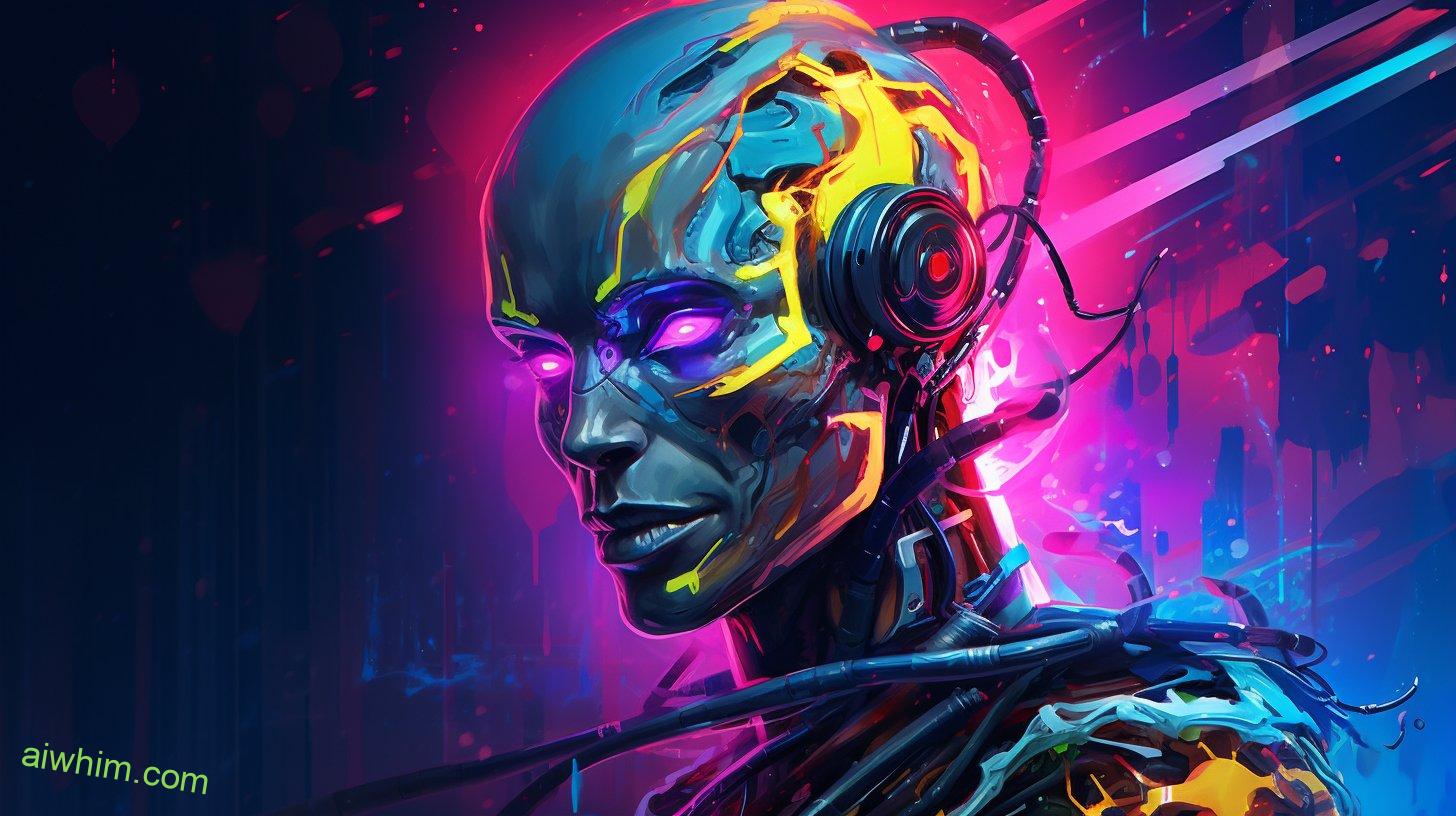
The Future of Industrial Engineering in an AI-driven World
Don’t underestimate the impact that AI will have on the future of industrial engineering in an AI-driven world. As we move forward into this new era, it is crucial to recognize the role of human creativity in industrial engineering and adapt our education system accordingly. The integration of AI technologies does not mean that human engineers will become obsolete; instead, it opens up opportunities for us to utilize our unique strengths alongside AI capabilities.
In an AI-driven world, industrial engineering education must evolve to equip engineers with the skills needed to work harmoniously with AI systems. While technical knowledge and analytical skills are still important, there will be a greater emphasis on developing creative problem-solving abilities and critical thinking. Industrial engineering programs should incorporate courses that explore the ethical implications of AI and encourage students to think outside the box.
Furthermore, collaboration between academia and industry becomes essential in shaping the future of industrial engineering education. Industry professionals can provide valuable insights into real-world challenges and help develop curriculum that aligns with industry needs. By fostering this partnership, we can ensure that graduates are well-prepared for a rapidly changing job market.
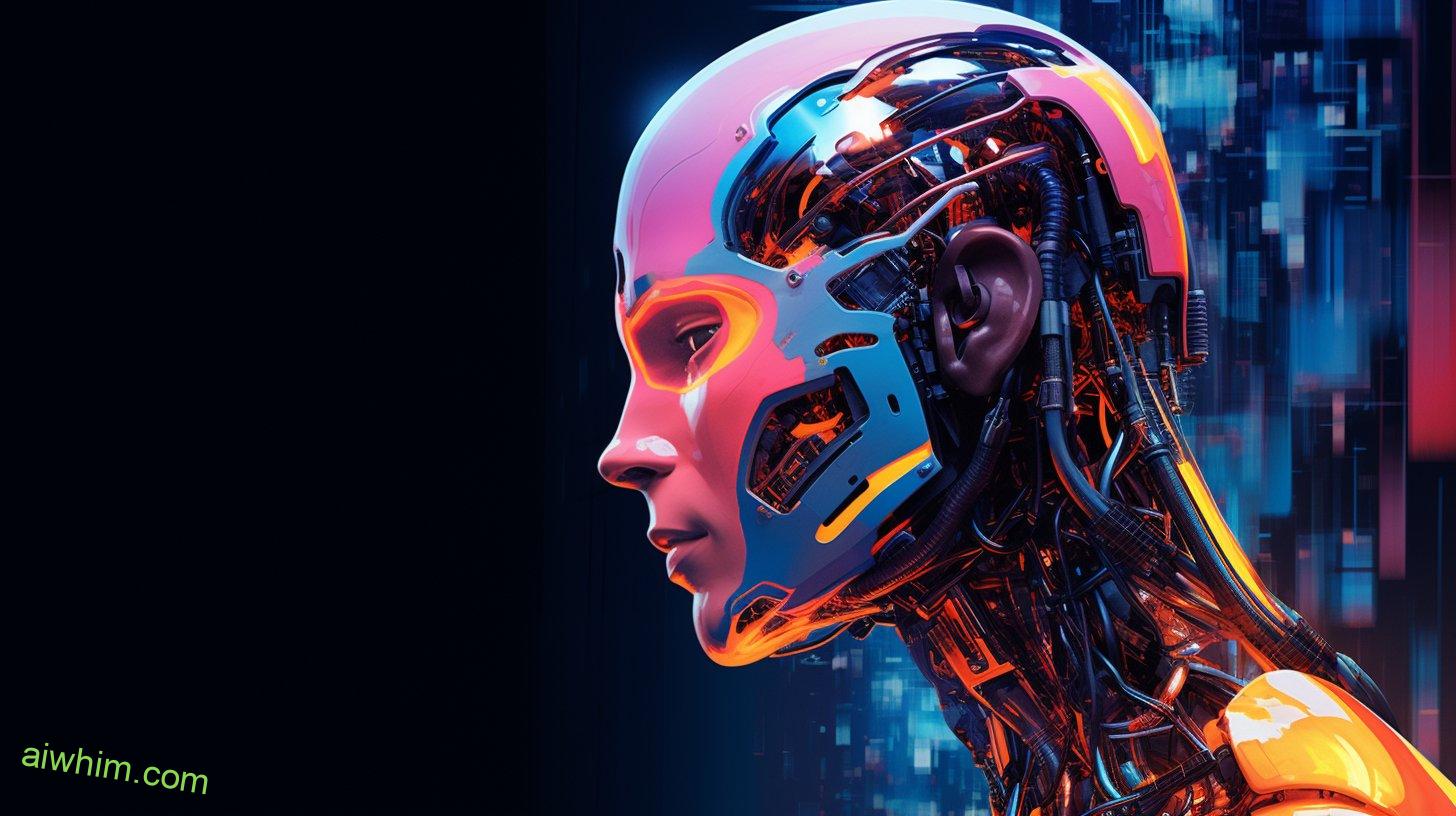
Exploring the Benefits and Limitations of AI in Industrial Engineering
AI has the potential to revolutionize industrial engineering by improving efficiency and streamlining processes. As someone who values freedom, you’ll be pleased to know that AI can bring numerous benefits to manufacturing.
With AI technology, machines can automate repetitive tasks, allowing workers to focus on more creative and complex problem-solving activities. This not only enhances productivity but also frees up time for employees to engage in meaningful work.
In manufacturing, AI can help optimize production schedules, reduce downtime, and minimize waste. By analyzing vast amounts of data in real-time, AI algorithms can identify patterns and predict potential issues before they occur. This proactive approach enables companies to make informed decisions and take preventive measures, ultimately saving both time and resources.
However, it’s important to acknowledge the limitations of AI in supply chain management. While AI excels at processing large volumes of data quickly, it may struggle with unstructured or incomplete information. Additionally, human judgment is still crucial for certain decision-making processes that require intuition or empathy.
Overall, embracing AI in industrial engineering offers significant benefits such as increased efficiency and improved decision-making capabilities. However, it’s essential to strike a balance between relying on AI technologies and valuing human expertise when managing complex supply chains. In doing so, you can harness the power of AI while preserving your freedom as an industrial engineer.
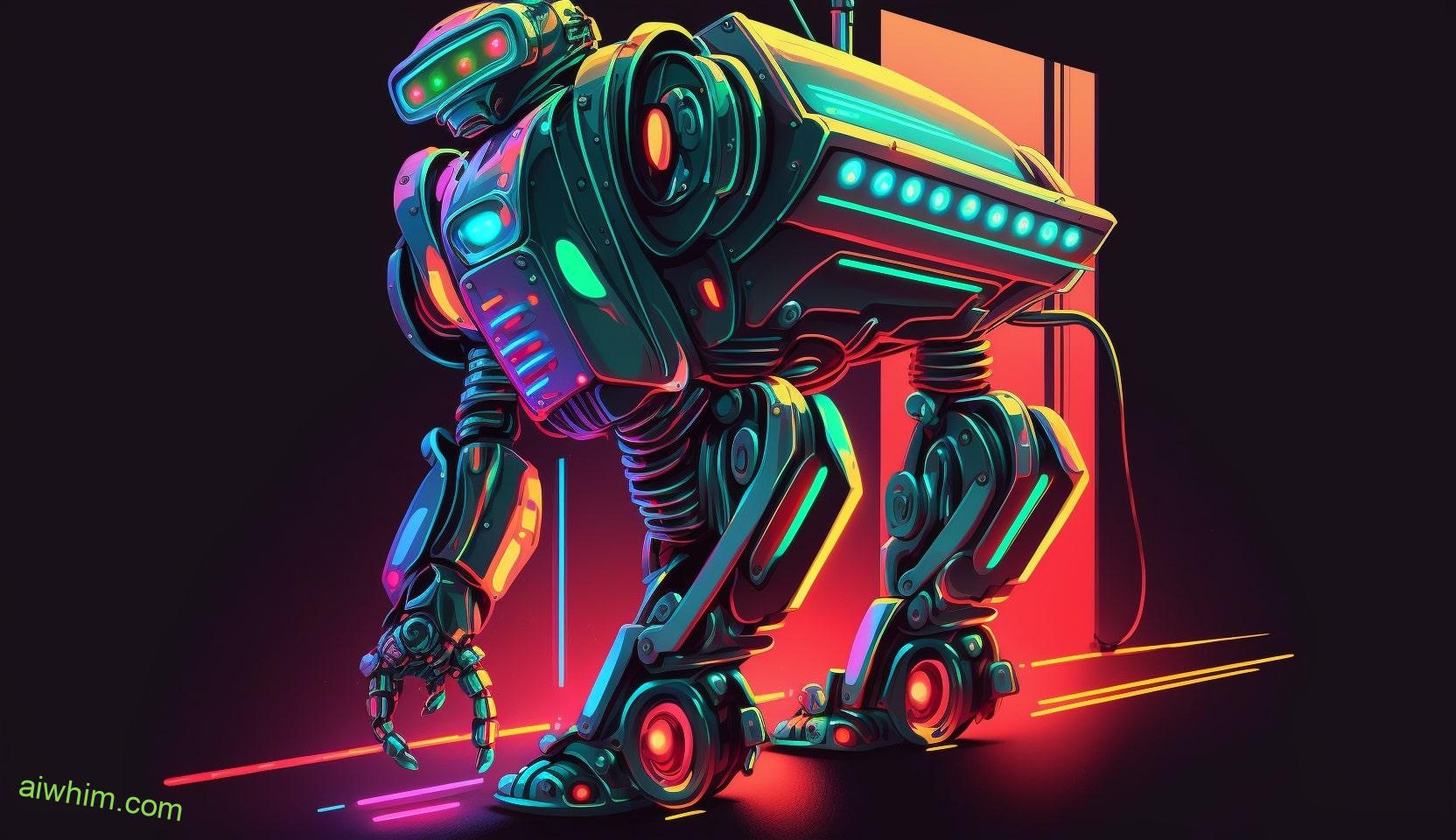
Adapting to the Changing Landscape: AI and Industrial Engineering
Now that we have explored the benefits and limitations of AI in industrial engineering, let’s discuss how you can adapt to the changing landscape.
As an industrial engineer, it is crucial for you to embrace the role of AI in your field.
One area where AI has shown significant potential is supply chain management. With its ability to analyze large amounts of data quickly, AI can optimize inventory levels, streamline logistics, and improve overall efficiency. By utilizing AI-powered algorithms, you can make more accurate demand forecasts and reduce lead times, ensuring that products reach customers faster.
Furthermore, AI can revolutionize quality control processes in industrial engineering. Traditional methods often rely on manual inspections which are time-consuming and prone to errors. However, with the integration of AI technologies such as computer vision and machine learning algorithms, defects can be detected more efficiently and accurately. This not only improves product quality but also reduces waste and associated costs.
To stay ahead in this evolving landscape, it is essential for industrial engineers like yourself to understand how to leverage AI effectively in supply chain management and quality control processes. Embracing these advancements will not only enhance your productivity but also contribute to a more efficient and agile industry as a whole.
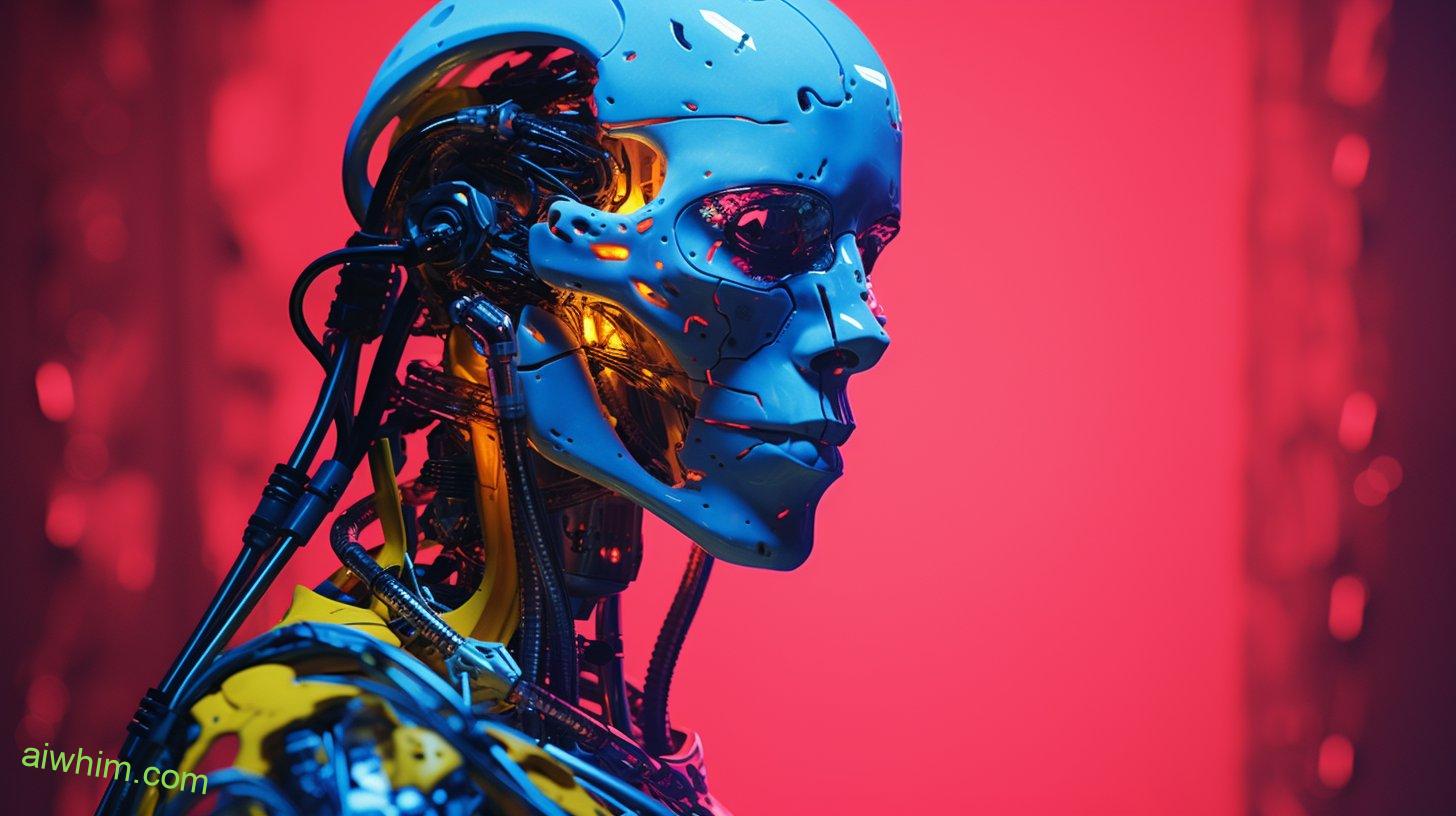
AI Tools and Technologies Shaping Industrial Engineering Practices
By embracing the latest AI tools and technologies, you can shape your industrial engineering practices to achieve greater efficiency and productivity. AI applications in supply chain management and optimizing manufacturing processes are revolutionizing the way businesses operate.
Here are five ways you can leverage AI to transform your industrial engineering practices:
- Automating repetitive tasks: With AI, you can automate mundane and time-consuming tasks, freeing up valuable time for more strategic decision-making.
- Predictive maintenance: By utilizing AI algorithms, you can predict equipment failures before they occur, allowing for proactive maintenance and minimizing costly downtime.
- Optimizing inventory management: AI-powered algorithms analyze historical data to optimize inventory levels, ensuring that you have the right amount of stock at all times while reducing storage costs.
- Enhancing demand forecasting: Through advanced machine learning techniques, AI can accurately forecast demand patterns, enabling better production planning and minimizing wastage.
- Real-time performance monitoring: Using IoT sensors and AI analytics, you can monitor production processes in real-time, identifying bottlenecks or deviations from optimal performance.
With these AI-driven advancements in industrial engineering practices, you have the freedom to streamline operations, increase productivity, reduce costs, and ultimately drive success for your business. Embrace the power of AI today!
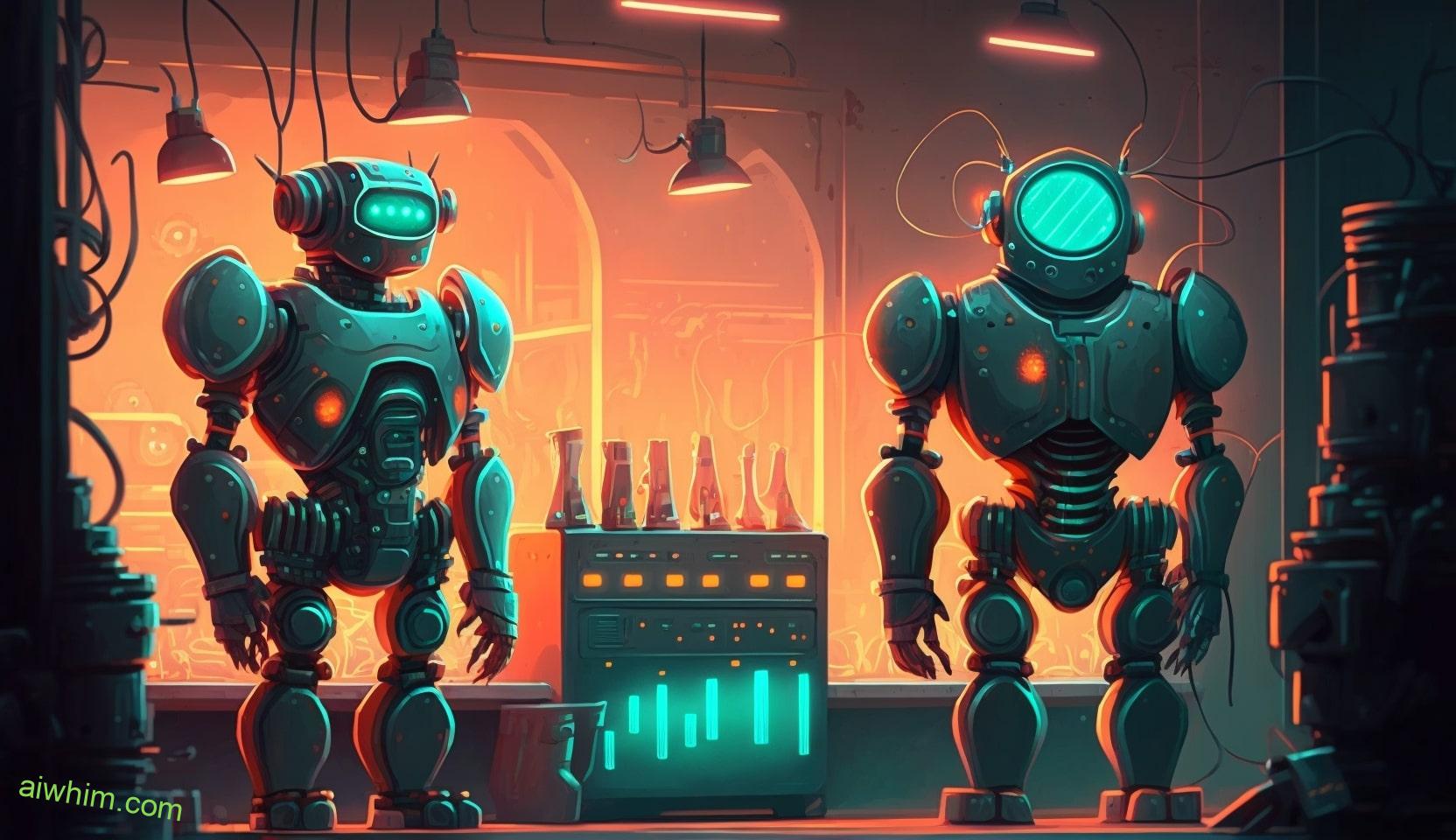
Enhancing Efficiency and Productivity With AI in Industrial Engineering
Embracing the latest AI tools and technologies can greatly enhance efficiency and productivity in the field of industrial engineering. By incorporating AI applications in supply chain management, you can optimize your operations, streamline processes, and minimize costs. With AI algorithms analyzing large sets of data, you can make better decisions regarding inventory management, demand forecasting, and distribution planning. This not only improves overall efficiency but also ensures timely delivery of products to customers.
Moreover, AI plays a crucial role in improving safety and risk management in industrial engineering. By implementing AI-powered systems for monitoring and detecting potential hazards or malfunctioning equipment, you can prevent accidents and reduce downtime. Real-time data analysis enables early detection of anomalies or deviations from normal operating conditions, allowing for prompt intervention.
AI technologies also offer predictive maintenance capabilities that help identify equipment failures before they happen. This proactive approach reduces unplanned downtime and prevents costly repairs.
In addition to enhancing efficiency and safety, embracing AI tools empowers industrial engineers with real-time insights into their operations. Advanced analytics provide valuable information on performance metrics such as productivity rates, quality control indicators, and resource utilization levels.

Addressing Job Security Concerns: Industrial Engineers and AI
Addressing job security concerns, industrial engineers can alleviate fears by understanding how AI advancements complement their skills and enhance their roles within the industry. While it’s natural to worry about job displacement in the face of increasing automation, it’s important to recognize that AI is not here to replace you, but rather to assist you in your work.
Here are some key points to consider:
- Collaboration: Embrace the opportunity to work alongside AI systems, leveraging their capabilities to improve efficiency and productivity.
- Skill Enhancement: Develop new skills that align with emerging technologies and trends in industrial engineering, such as data analysis and machine learning.
- Decision Support: Utilize AI-powered tools for decision-making processes, allowing you to make more informed choices based on accurate data analysis.
- Job Creation: Understand that while certain tasks may be automated, new opportunities will arise as a result of these advancements. Industrial engineers will be needed to oversee and optimize AI systems.
- Human Touch: Remember that your unique human qualities—creativity, critical thinking, empathy—are irreplaceable assets that cannot be replicated by machines.
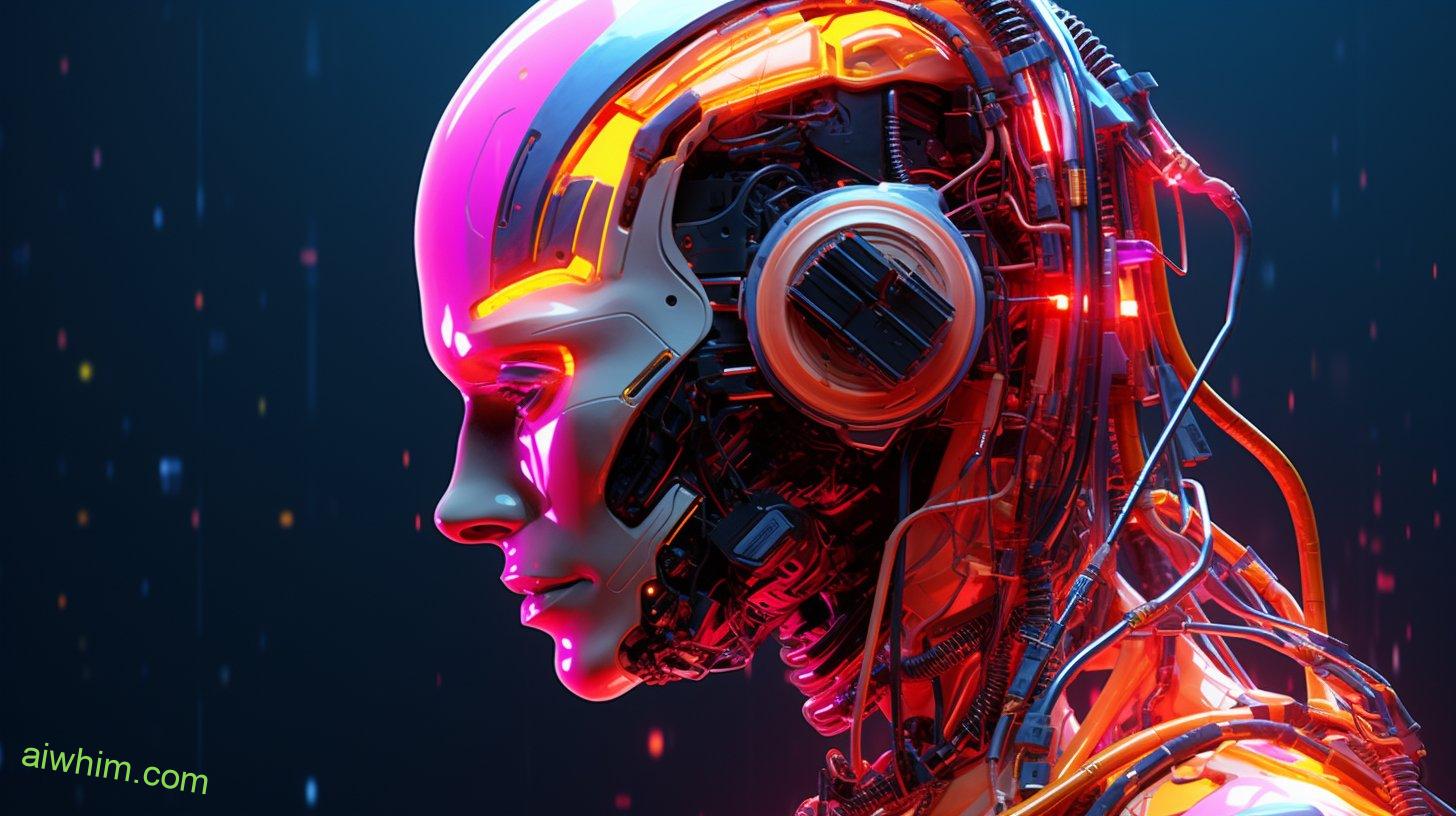
Ethical Considerations in the Integration of AI in Industrial Engineering
As you navigate the integration of AI in industrial engineering, it’s crucial to consider the ethical implications that arise from these technological advancements. In a world where automation and artificial intelligence are rapidly transforming industries, responsible integration becomes paramount.
While AI offers numerous benefits such as increased productivity and efficiency, it also raises concerns about job displacement and the potential for bias.
One of the key ethical implications is the impact on employment. As AI systems become more sophisticated, there is a fear that human workers may be replaced by machines. It’s important to address this concern by ensuring that the integration of AI does not lead to mass unemployment. Instead, companies should focus on retraining and upskilling their workforce to adapt to new roles alongside AI technologies.
Another ethical consideration is bias in decision-making algorithms. AI systems rely on data to make predictions and decisions, but if this data contains biases or reflects societal inequalities, it can perpetuate discrimination. Industrial engineers must take measures to ensure fairness and transparency in their AI systems by regularly auditing algorithms for biases and diversifying datasets.
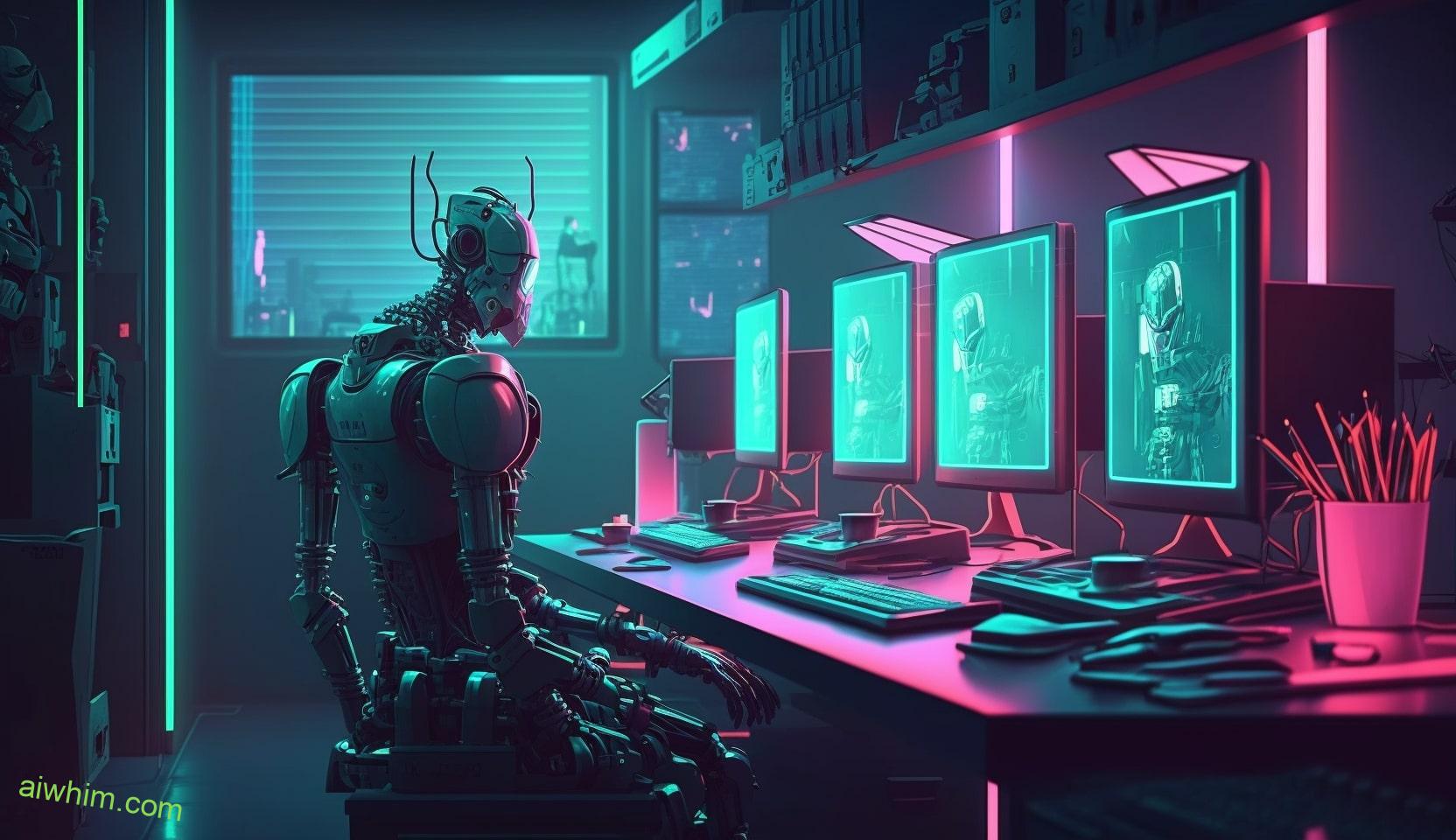
Embracing AI as a Collaborative Partner in Industrial Engineering
While integrating AI into industrial engineering, it’s crucial to recognize the potential for collaboration between humans and intelligent machines. Embracing a collaborative approach with AI advancements can lead to significant benefits in this field. Here are some reasons why working hand in hand with intelligent machines can be liberating for industrial engineers like you:
- Increased Efficiency: AI can analyze large amounts of data and perform complex calculations at lightning speed, allowing you to focus on more strategic tasks.
- Reduced Workload: With AI handling repetitive and mundane tasks, you have the freedom to tackle more meaningful and challenging projects.
- Improved Decision Making: Intelligent machines provide valuable insights based on data analysis, enabling you to make informed decisions quickly.
- Enhanced Safety: Collaborating with AI-powered systems can help identify potential risks or hazards in real-time, keeping you safe while working.
- Continuous Learning: By working alongside AI, you have the opportunity to learn from its algorithms and improve your own skills.
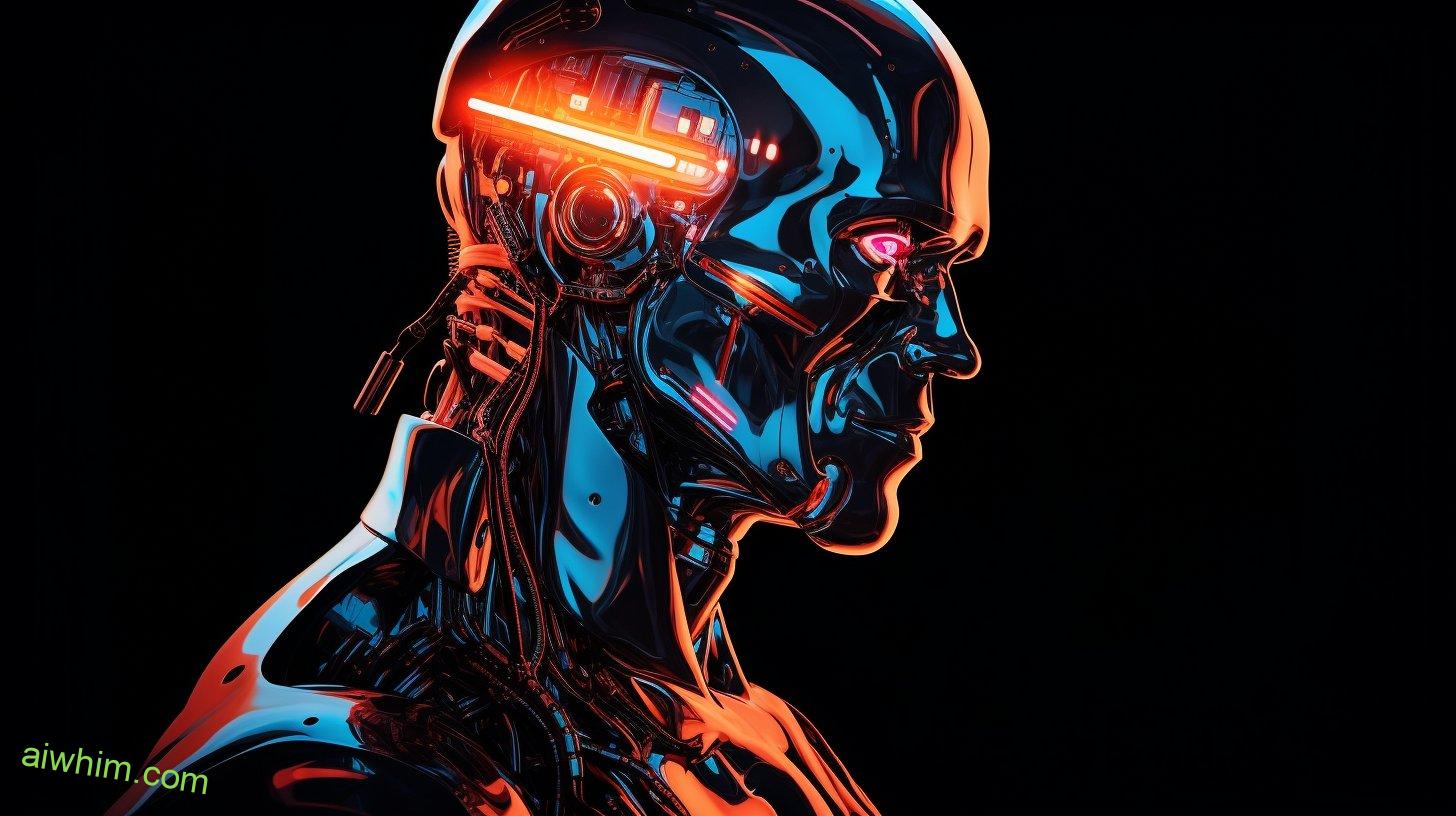
The Role of Human Skills in the Era of AI in Industrial Engineering
In the era of AI, human skills remain essential in the field of industrial engineering. While advancements in AI have undoubtedly transformed various industries, it is crucial to recognize that there are certain aspects where human expertise cannot be replaced.
Industrial engineering involves a combination of technical knowledge and problem-solving abilities that require a deep understanding of complex systems. These skills go beyond what AI can currently achieve.
AI advancements have undeniably improved efficiency and productivity in many areas of industrial engineering. Algorithms can analyze vast amounts of data quickly and suggest optimizations for processes. However, it is the human touch that brings creativity, adaptability, and critical thinking to the table. Human engineers possess an intuitive ability to identify potential risks, collaborate with colleagues effectively, and make informed decisions based on their experience.
Moreover, human skills play a vital role in managing teams and fostering innovation within organizations. Building strong relationships with colleagues and stakeholders requires emotional intelligence and effective communication – qualities that AI lacks. Industrial engineers are responsible for leading projects, coordinating resources, and ensuring successful outcomes through collaboration – all tasks that demand human interaction.
Therefore, while AI continues to advance rapidly in industrial engineering, it is essential to remember that humans possess unique capabilities that cannot be replicated by machines alone. By harnessing the power of both AI technologies and human skills together harmoniously, we can achieve greater success in transforming industries while preserving our freedom as individuals.
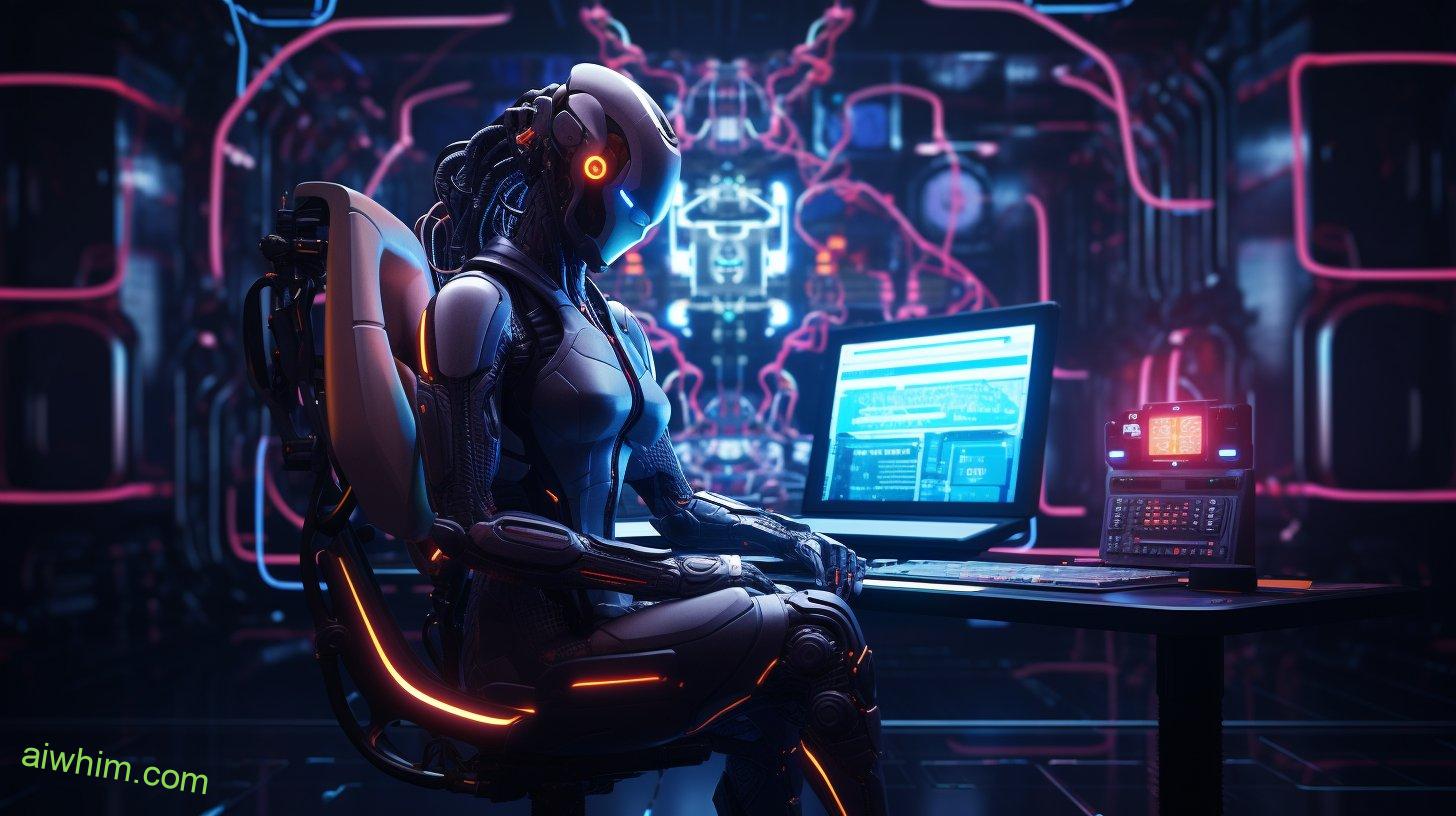
As an industrial engineer, you may find yourself wondering how to navigate the uncertainties that come with the rise of AI. It’s natural to feel a sense of unease about what this means for your future career. However, instead of fearing the unknown, it’s important to embrace it and prepare for the future.
To help you on your journey of navigating uncertainties in an AI-driven world, here are five key steps you can take:
- Stay informed: Keep up-to-date with the latest advancements in AI and technology that are relevant to your field. This will allow you to anticipate changes and adapt accordingly.
- Develop new skills: Embrace lifelong learning by acquiring new skills that complement your expertise as an industrial engineer. Consider areas such as data analysis, machine learning, or programming.
- Emphasize human skills: While AI may handle certain tasks more efficiently, remember that there are unique qualities only humans possess—such as creativity, critical thinking, and empathy—that will always be valuable in any industry.
- Collaborate with AI: Instead of seeing AI as a threat, view it as a tool that can augment your abilities. Find ways to integrate AI technologies into your work processes to enhance productivity and efficiency.
- Network and adapt: Build connections within your industry and seek out opportunities for growth and development. Be open-minded and adaptable to change so you can thrive in an ever-evolving landscape.
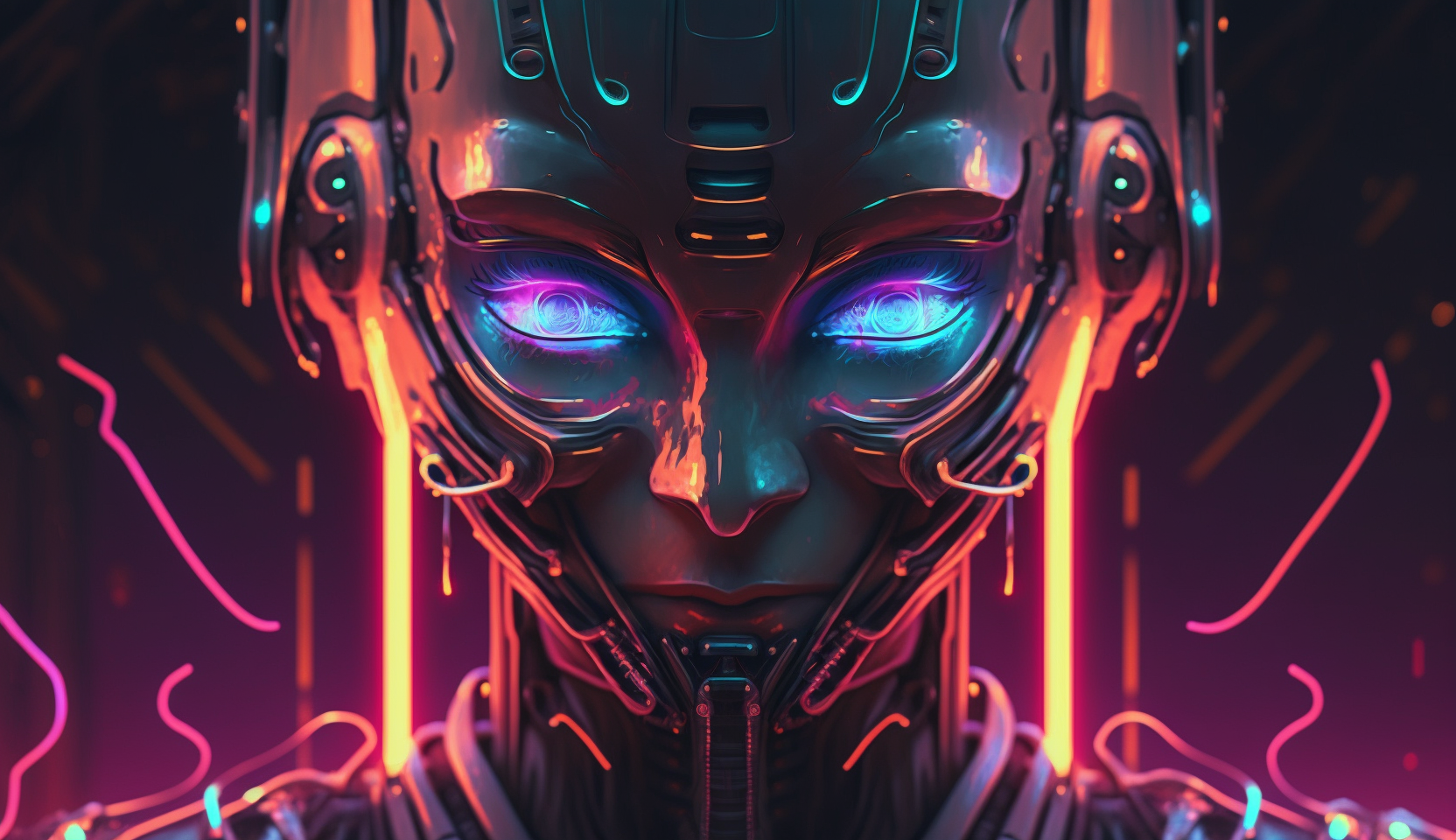
Strategies for Industrial Engineers to Thrive in the Age of AI
To thrive in the age of AI, you need to adopt strategies that leverage your unique human skills and embrace collaboration with technology. As an industrial engineer, there are specific strategies you can employ to upskill yourself and ensure your relevance in this rapidly changing landscape.
One key strategy is to focus on developing your analytical and problem-solving abilities. While AI can automate certain tasks, it cannot replicate the critical thinking skills possessed by humans. By honing these skills, you can become an invaluable asset in optimizing processes and making informed decisions.
Another important approach is to embrace lifelong learning. Stay updated on the latest advancements in AI and automation technologies relevant to your field. This will allow you to identify opportunities where these technologies can be integrated into existing processes for increased efficiency.
However, it is crucial not to overlook the ethical implications of AI for industrial engineers. As technology continues to evolve, it becomes imperative to consider the potential impact on job displacement and privacy concerns. By actively engaging in discussions surrounding ethics and advocating for responsible implementation of AI, you can help shape a future that aligns with values such as fairness and transparency.
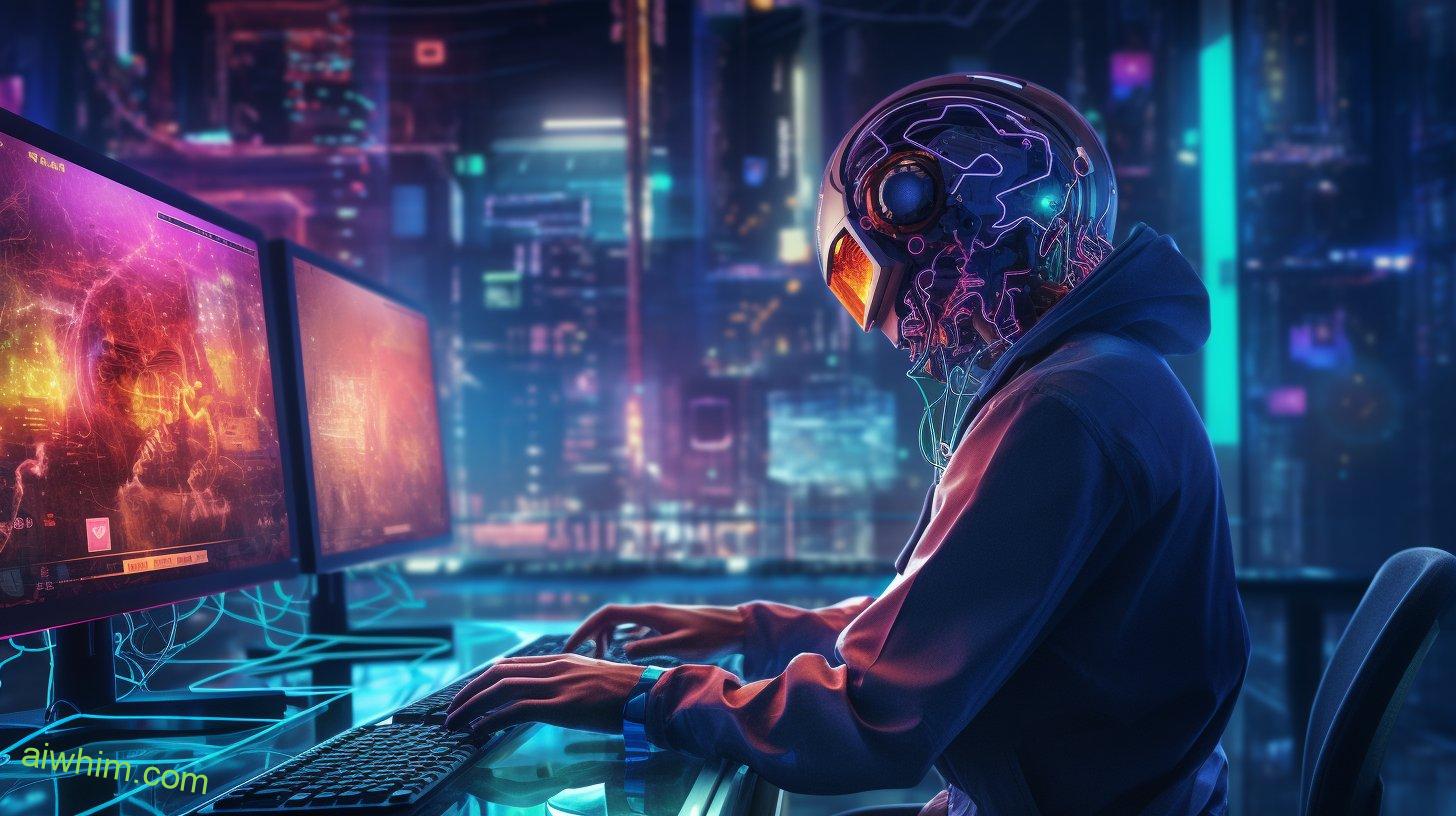
Frequently Asked Questions
What Are the Potential Job Opportunities for Industrial Engineers in the Era of AI?
In the era of AI, job prospects for industrial engineers are abundant. With skill adaptation and staying ahead of the technology curve, you can explore exciting opportunities and continue to thrive in your career.
How Can Industrial Engineers Adapt Their Skills to Remain Relevant in an AI-Driven World?
To adapt your skills and remain relevant in an AI-driven world, seek upskilling opportunities that embrace automation. Embracing AI advancements can have a positive impact on productivity and open new avenues for growth.
What Are the Ethical Concerns Associated With the Integration of AI in Industrial Engineering Practices?
You, as an industrial engineer, must ponder the ethical concerns arising from the integration of AI. The potential implications for privacy, job displacement, and bias demand careful consideration to ensure a future of freedom and fairness.
Can AI Completely Replace the Roles and Responsibilities of Industrial Engineers?
AI advancements have limitations and will impact the job market. But can they completely replace industrial engineers? That’s the current question. Let’s explore the possibilities without considering if industrial engineers are vulnerable to AI advancements.
What Strategies Can Industrial Engineers Employ to Ensure Job Security in an AI-Driven Future?
To ensure job security in an AI-driven future, consider the strategies industrial engineers can employ. Embrace continuous learning, adapt to new technologies, and cultivate skills that complement AI advancements. Stay valuable and indispensable.
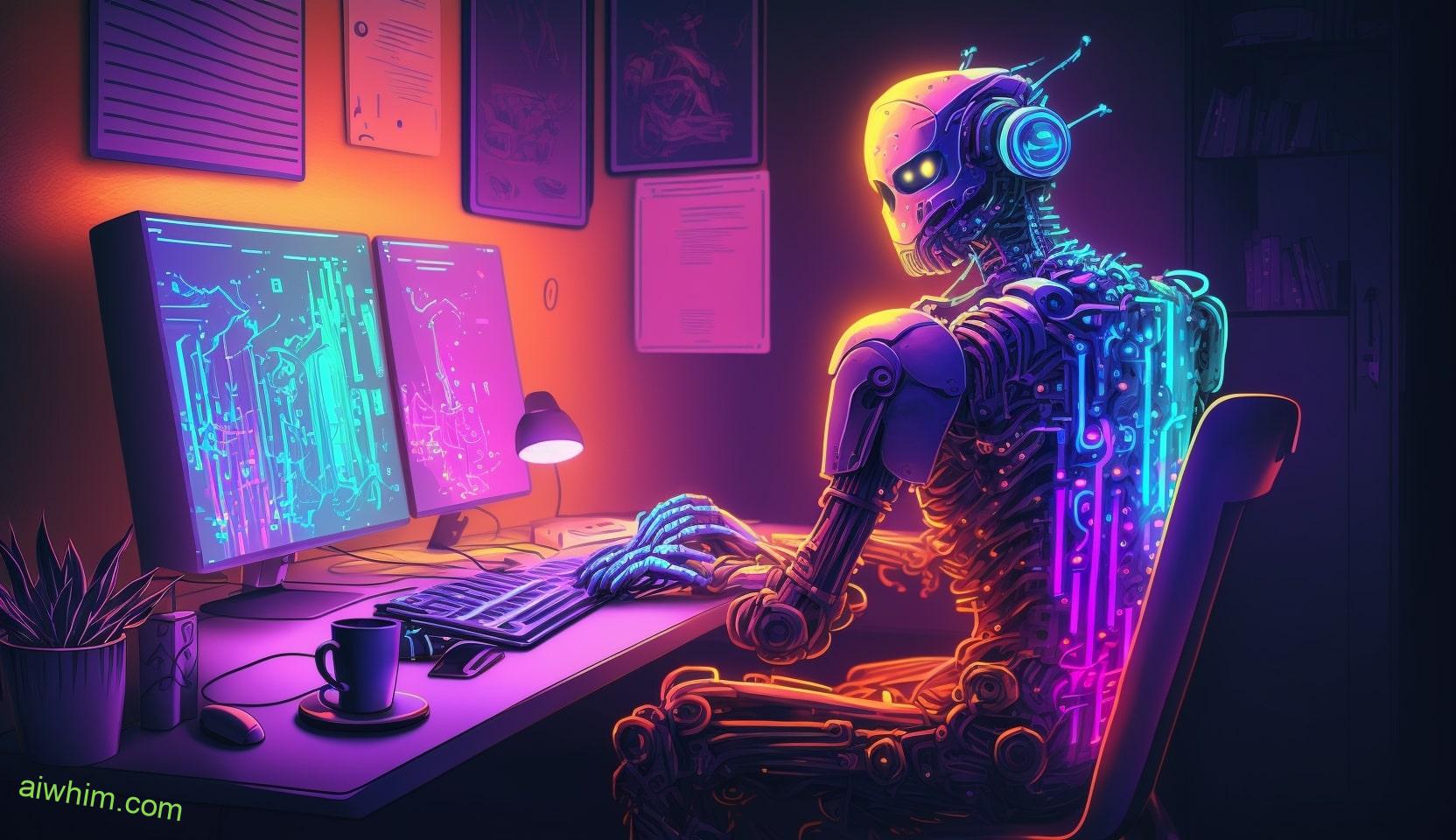
Conclusion
In conclusion, it is important to acknowledge that industrial engineers are susceptible to the advancements of AI. As the world embraces artificial intelligence, it is crucial for industrial engineers to adapt and collaborate with these technological marvels.
By embracing AI as a collaborative partner and honing their human skills, industrial engineers can navigate the uncertainties and thrive in this AI-driven future.
Remember, ‘Fortune favors the bold,’ so seize this opportunity to lead the way in shaping our evolving industrial landscape.

